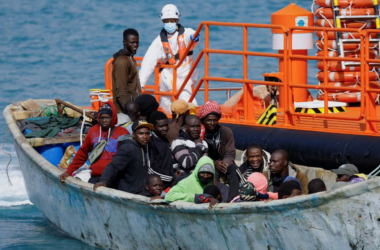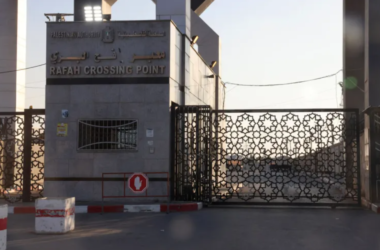Tensions in the Balkans have flared once again, raising alarm bells within the European Union (EU). Recent events, including a violent shootout between masked Serb gunmen and Kosovo police resulting in four fatalities, have pushed the region to a precarious precipice. Germany’s foreign minister has voiced profound concerns over these developments, underscoring the potential repercussions for EU integration efforts in the volatile Balkan region.
The recent exchange of gunfire between Serb gunmen and Kosovo police has sent shockwaves through the Balkans, exacerbating an already delicate situation. The loss of four lives is a grim reminder of the unresolved disputes that continue to plague the region, threatening to destabilize the fragile peace that has been painstakingly forged in recent years.
One of the paramount objectives in the Balkans is the path to EU integration—a process that hinges on fostering stability, reconciliation, and good neighborly relations. However, the recent escalation in tensions poses a formidable challenge to these aspirations. Germany’s foreign minister, representing one of the EU’s leading member states, has issued a stern warning about the potential consequences of this violence on the region’s journey towards EU membership.
In light of the escalating situation, it is imperative that all parties exercise restraint and engage in meaningful dialogue to address the underlying issues. The Balkan region has a history marred by conflict, and it is incumbent upon the international community to prevent a return to such tragic circumstances. The importance of peaceful negotiations cannot be overstated.
The EU has played a pivotal role in facilitating reconciliation and cooperation among Balkan nations. Its commitment to the region’s stability and progress is unwavering. However, the recent outbreak of violence underscores the complexity of the challenges ahead. The EU, along with its member states, must remain actively engaged in mediating and facilitating constructive dialogue to prevent further escalation.
The Balkans stand at a critical juncture, with tensions between Kosovo and Serbia threatening to undermine the progress made towards EU integration. As Germany’s foreign minister aptly warns, the recent shootout serves as a stark reminder of the fragility of peace in the region. To secure a brighter future for the Balkans and ensure their successful path to EU membership, it is imperative that all stakeholders prioritize diplomacy, reconciliation, and peaceful coexistence. The hope remains that through dialogue and cooperation, the Balkans can overcome these challenges and continue on their journey towards a more stable and prosperous future within the European Union.








